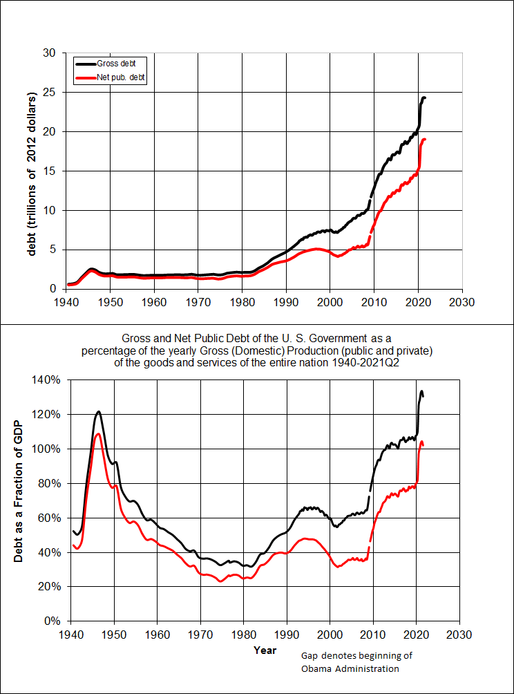- Joined
- Apr 8, 2008
- Messages
- 19,883
- Reaction score
- 5,120
- Location
- 0.0, -2.3 on the Political Compass
- Gender
- Undisclosed
- Political Leaning
- Other
Enemy doesn't exist? What was 911?
We are in Iraq,Afghanistan, Pakistan, and have concerns about Iran. Then there is the Israel problems that occur every couple of years.
Wow. The ability to understand the English Language clearly eludes you.
The US military circa 1991 was designed to fight and stop a Soviet attack.
Tell me, did the Soviet Union exist in 1992, 1993, or 1994? :rofl
So tell me genius, what was the sense in maintaining a military designed primarily to stop an enemy that did not exist?
For someone who talks about the military, you sure seem extremely uninformed about what it was.
Last edited:

